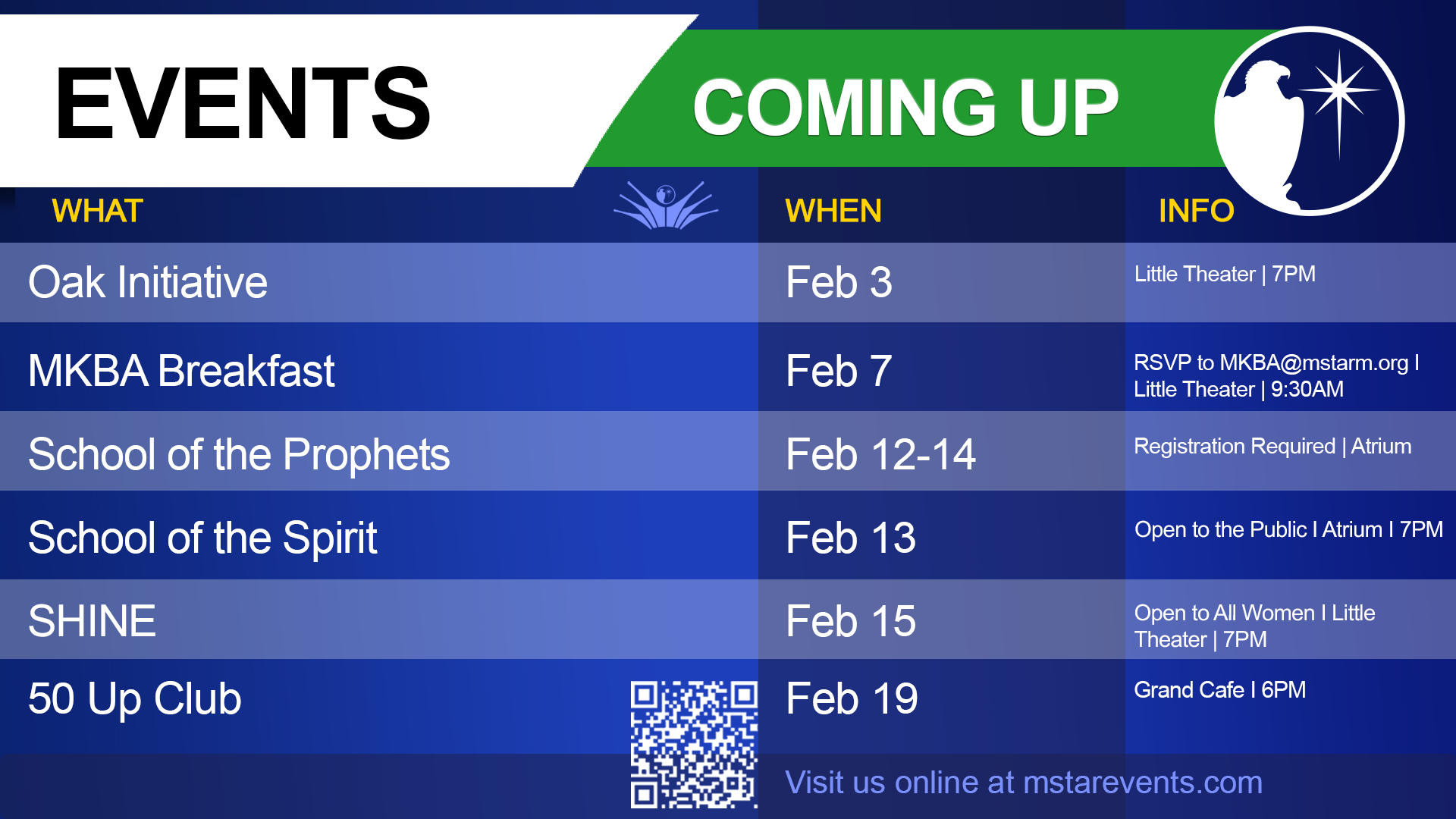It is my makeup, and that of most prophetic people I know, to be so concept-oriented that I am prone to mix up details. This is a weakness that those who are detail-oriented have a hard time understanding and often attribute to evil motives. I hope that is never the case, but I realize I have a weakness so I have learned to appreciate the detail-oriented. Even if they are often irritating to people like me who are concept-oriented, we need them very much.
Those who are detail-oriented can also be prone to the kind of self-righteousness displayed by the Pharisees who would “strain out a gnat and swallow a camel” (see Matthew 23:24). They need the help of the concept-oriented as much as the concept-oriented need them. If the concept-oriented cannot see the trees for the forest, the detail-oriented cannot see the forest for the trees. We need to be able to see both.
The reason why the great promises for the prophets is always plural—to the prophets, not just a prophet—may be chiefly due to this one thing. This is why the great promises are for those who learn to work together with those who are different, who have corresponding strengths that make up for our weaknesses, and who have weaknesses that we may be able to help them with.
No doubt it takes a lot of humility on the part of each for such teams to form. When I look for the strengths or weaknesses in a church or other organization’s leadership, I look first for how many people are working together that are different from each other. The more different the members of a team are, the stronger that team usually is. However, in the church at this time it is rare to find a team that is not so uniform that when asked a question, they are almost like parrots who all repeat the same thing.
Prophetic people are just as guilty of this as any other group, and it is a great weakness in the prophetic ministry in general. Probably the fastest way to overcome this would be to intentionally start getting together on a regular basis with those who irritate us the most. Perhaps it would be helpful for us to join the church that irritates us the most. Prophetic people can have such a hard time fitting in anywhere, or being understood by anyone, that they have to do this to be a part of anything. That is a good thing!
People think I’m kidding when I say that we need all of the frustrations and irritations of local church life to mature spiritually, but I am not. You can grow in knowledge, and even grow in experience, and as we are told in I Corinthians 13, even grow in faith to the point of doing many miracles and moving mountains, but if we are not growing in love, it will profit us nothing. Because we have prophetic gifts, this does not in any way negate the basic Christian responsibility that we have to love one another. It may be harder for us to love others because so few love us, but that is an even greater opportunity to grow in love.
Of course, we only want to devote ourselves to a congregation or relationships that the Holy Spirit is leading us to, but I wonder if many are able to receive His guidance in relationships because we are so prone to choose those who we are the most comfortable with and to separate ourselves or divide from those who irritate us.
As we have covered, if we only see in part, know in part, and prophesy in part (see I Corinthians 13:9), then we are all missing pieces to our understanding and our prophetic perspectives. Most of the time, those who have the part that we need the most to have the complete picture will be those we may be having the most trouble with. I will continue to repeat this often because it is so crucial for us to get beyond in order to become the body of Christ we are called to be.
One other important factor for prophetic people—learn to write. Things that are spoken are far easier to be misunderstood than what is written. This may be the reason for the exhortation in Habakkuk 2:2:“Then the LORD answered me and said, ‘Record the vision and inscribe it on tablets, that the one who reads it may run.’”
Writing was a vital way that the prophets and apostles communicated, and it still is. However, the tedious nature of writing can be contrary to the nature of many prophetic people who tend to be so concept- oriented. That is the point. Learning to do this, and do it well, can help our communication become far more effective and more accurate, and that is the main point of communication. The written word has a very different power from the spoken word. This is why Jesus, who was the Word Himself, took His stand on “It is written!” The spoken word can have immediate results in encouraging the saints and for encouraging action, but the written word has far more power for creating depth and making profound change. We need both.



